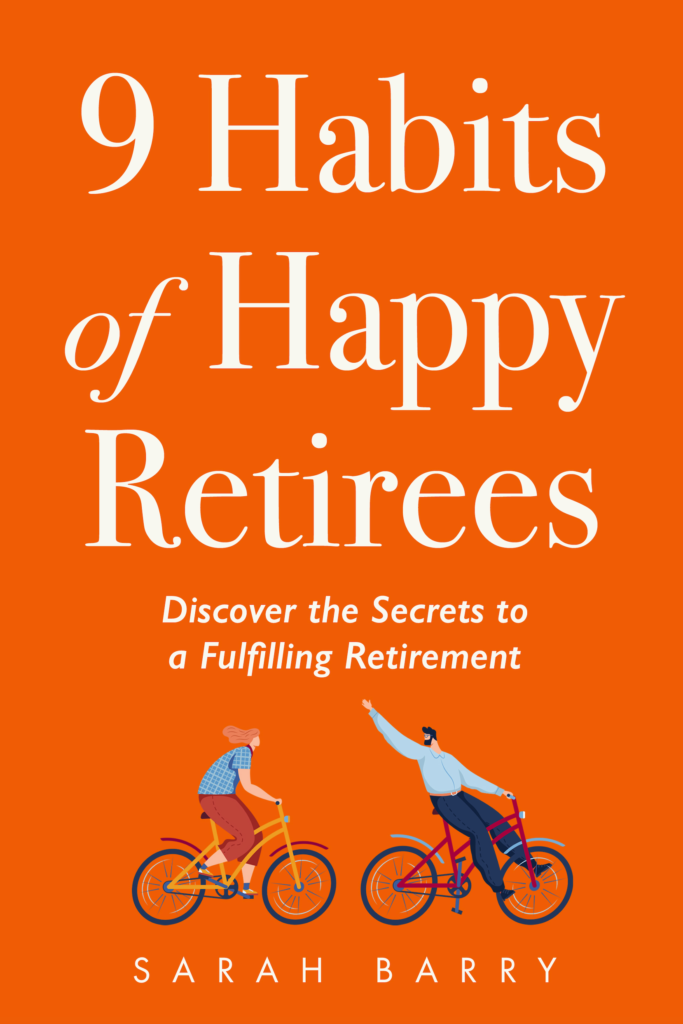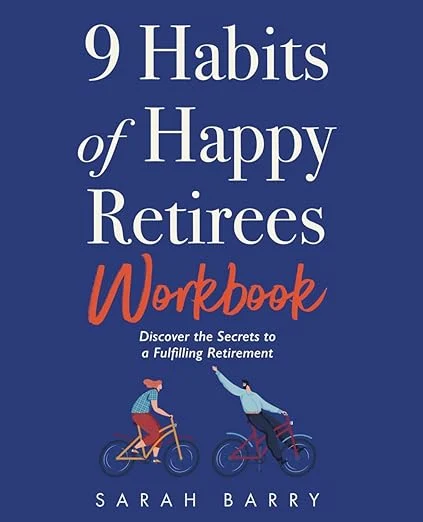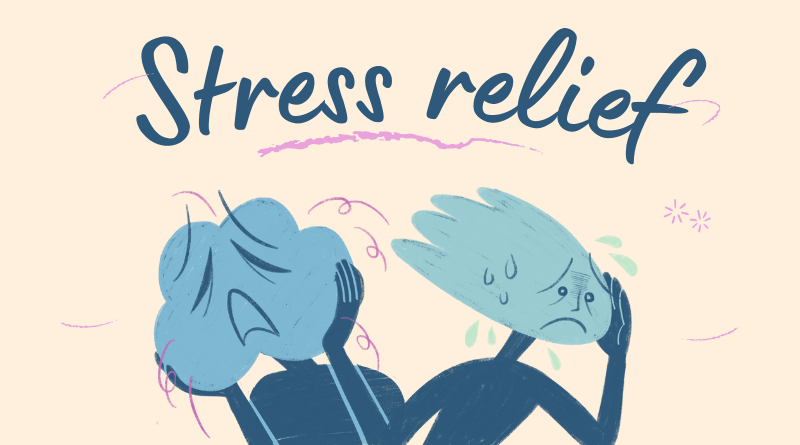How to Age Well: The Role of Stress Relief in Retirement
Your Guide to Managing Stress for a Healthier, Happier Retirement
The Surprising Ways Stress Accelerates Aging
Stress isn’t just something you feel emotionally—it impacts your body at a cellular level. When stress becomes chronic, it speeds up the aging process by:
– Shortening your telomeres, which accelerates cell aging
– Increasing oxidative stress, leading to inflammation and chronic conditions
– Disrupting hormone balance, which affects energy, sleep, and mood
– Weakening your immune response, leaving you more vulnerable to illness
– Impacting memory and cognitive sharpness over time
Stress is unavoidable—but how you manage it can change everything about how you age.
Retirement Isn’t Stress-Free—And That’s Okay
While many retirees look forward to a life of leisure, the reality is often more complex. Stressors may shift, but they don’t disappear:
– Identity loss: After years of being known by your job title, you may feel unsure of who you are without it.
– Lack of structure: Days that were once organized can now feel scattered or empty.
– Financial uncertainty: Even with savings, it’s natural to worry about long-term sustainability.
– Health concerns: New aches, appointments, or managing medications can add mental strain.
– Family dynamics: Caring for aging parents or helping adult children can cause emotional burnout.
It’s important to acknowledge these challenges with compassion. Stress in retirement isn’t failure—it’s part of life. What matters most is how you respond.
How to Stay Youthful by Managing Stress
You don’t need expensive treatments or complicated routines to fight aging. The best tools are natural, free, and effective. Here are proven strategies that support your body, brain, and spirit:
1. Move Your Body Daily
Physical activity is one of the most powerful stress relievers available. It boosts endorphins, improves sleep, supports weight regulation, and builds confidence.
Ideas for daily movement:
– Morning walk around the neighborhood
– Gentle yoga or tai chi
– Water aerobics or dance classes
– Strength training with light weights
Start where you are. Even 10 minutes a day can make a big difference.
2. Stay Socially Connected
Meaningful relationships are essential for emotional resilience. Loneliness is linked to higher rates of depression, heart disease, and cognitive decline.
Ways to connect:
– Join a community group, book club, or church circle
– Schedule regular coffee dates or phone calls
– Volunteer for a cause you care about
– Consider group travel or learning programs
Relationships keep your brain sharp and your heart happy.
3. Create Structure and Purpose
Purpose is a powerful antidote to stress. Without the built-in goals of a career, it’s easy to drift. By creating a new routine, you give your days shape and meaning.
Build structure by:
– Planning your week with recurring anchor points (exercise, errands, rest)
– Committing to hobbies, projects, or personal challenges
– Setting small goals (e.g., plant a garden, learn a new recipe, write letters)
Purpose isn’t about productivity—it’s about living with intention.
4. Practice Mindfulness or Meditation
Mindfulness reduces cortisol, lowers blood pressure, and increases self-awareness. It trains your brain to stay in the present instead of spiraling into worry.
Simple practices:
– Deep breathing: Inhale for 4 counts, hold for 4, exhale for 4
– Body scans: Notice sensations in each part of the body
– Guided meditations: Use apps like Insight Timer or Calm
– Gratitude journaling: Write 3 things you’re grateful for each morning
Start small. Even 5 minutes a day makes an impact.
5. Eat to Fuel Your Mood
What you eat affects how you feel. Inflammation, blood sugar swings, and nutrient deficiencies can heighten stress and fatigue.
Nourishing habits:
– Eat whole foods: fruits, veggies, whole grains, lean protein, healthy fats
– Stay hydrated with water or herbal teas
– Limit caffeine, sugar, and alcohol
– Include brain-boosting nutrients: Omega-3s, magnesium, B vitamins
Food is fuel. Choose ingredients that love your body back.
6. Protect Your Sleep
Lack of quality sleep increases stress and speeds aging. Sleep is when your body repairs, detoxifies, and consolidates memory.
Tips for better sleep:
– Keep a consistent bedtime
– Limit screen time in the evening
– Create a calming pre-bed routine (read, stretch, or listen to music)
– Keep your bedroom cool, dark, and tech-free
Rest is not a luxury—it’s a requirement for healthy aging.
7. Use Cognitive Behavioral Tools
How you think affects how you feel. Negative thinking patterns can increase anxiety and tension.
Try these mindset shifts:
– Reframe: Instead of ‘I’m falling behind,’ try ‘I’m doing my best today.’
– Challenge: Ask ‘Is this thought helpful or harmful?’
– Focus: Replace worry time with action steps or journaling.
Consider books, courses, or coaching that use CBT techniques to build mental resilience.
The Anti-Aging Bonus of Reducing Stress
Beyond emotional wellbeing, stress relief improves your physical appearance too:
– Reduces muscle tension that causes wrinkles
– Supports collagen production through better sleep and nutrition
– Improves circulation, giving your skin a natural glow
– Minimizes hair loss and premature graying
Beauty and wellness are deeply connected. Peace of mind shines through.
Retirement Is Your Time—Make It Count
You’ve earned the right to design your days. Prioritize yourself. Build habits that reduce stress, support joy, and nourish your whole self. This isn’t about being perfect—it’s about being present.
Remember: aging well is about how you live—not how many candles are on the cake.
Looking for Tools to Support a Stress-Free Retirement?
Explore Sarah Barry’s bestselling guides:
– *9 Habits of Happy Retirees*: Discover what brings fulfillment beyond the finances
– *The 9 Habits Workbook*: Build habits that stick, with space to reflect and grow
📘 [Read the books]

Retirement Re-defined
“9 Habits of Happy Retirees” is your guidebook to crafting a retirement lifestyle that goes beyond financial security, focusing on the habits that lead to true happiness and contentment in your golden years.

The Essential Workbook
This workbook is designed to complement the book’s theoretical foundation, it offers a hands-on approach to improving your mental, emotional, and social well-being in retirement.
📩 Contact Sarah Barry
Email: hello@sarahbarry.com
Website: www.sarahbarry.com

